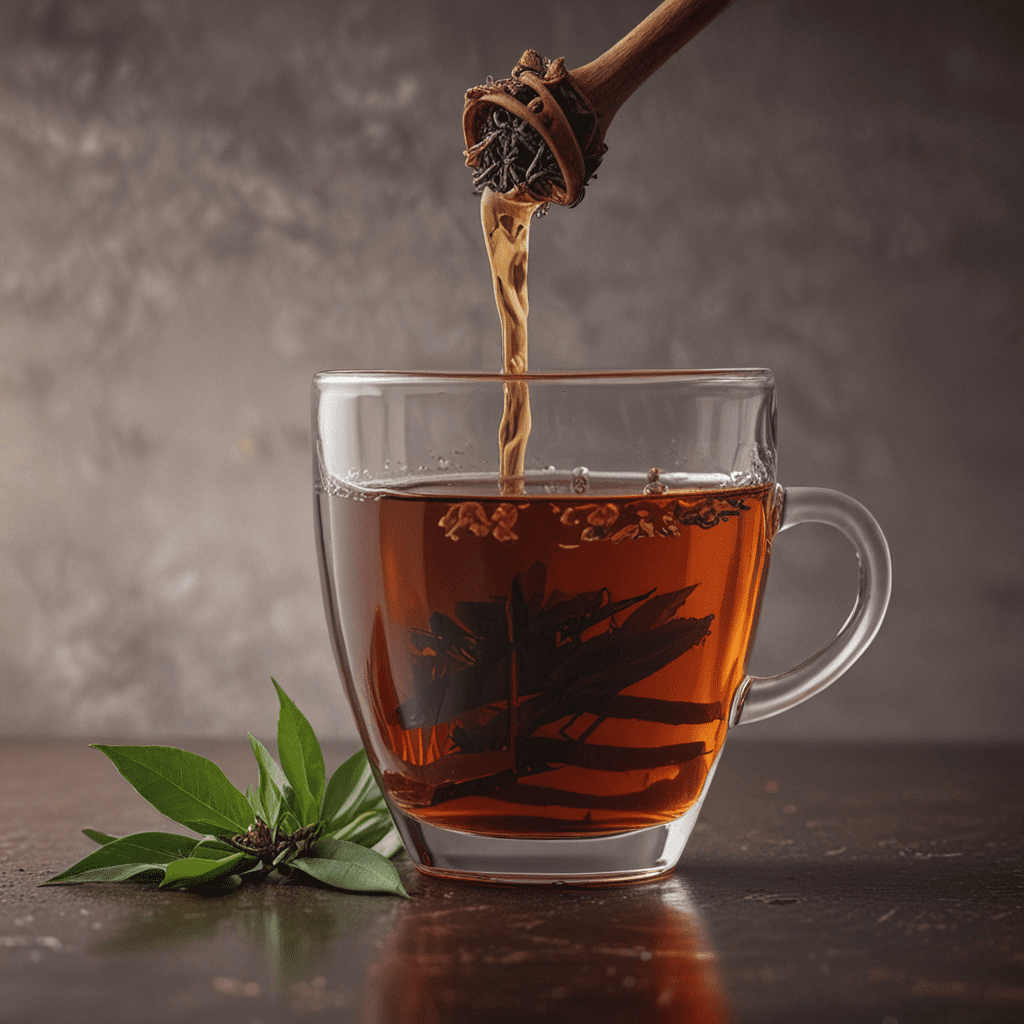Assam Tea: Navigating the World of Tea Grades
Introduction
The lush tea gardens of Assam, nestled in the northeastern region of India, produce some of the world's most renowned black teas. Assam tea, with its characteristic malty flavor and deep copper color, has gained immense popularity globally. To cater to the diverse preferences of tea enthusiasts, Assam tea is meticulously graded, ensuring a wide range of options for discerning palates.
Understanding Tea Grades
The grading system for Assam tea is based on several factors, including leaf size, tip content, and the specific garden or estate where it is grown. These grades serve as indicators of the tea's quality and distinct characteristics, allowing tea enthusiasts to select the perfect brew for their desired experience.
Leaf Grade
The leaf grade refers to the size and condition of the tea leaves. Whole leaf teas, as their name suggests, consist predominantly of intact leaves. Broken leaf teas, on the other hand, are composed of smaller leaf fragments and sometimes include fannings (tiny tea particles). Broken leaf teas tend to have a stronger flavor and color compared to whole leaf teas.
Tip Grade
The tip grade indicates the presence of young, unopened tea leaves known as tips. These tips are highly prized for their delicate flavor and antioxidant properties. Teas with a higher tip grade generally command a premium price, as they produce a more refined and aromatic cup.
Garden Grade
Assam tea gardens vary in elevation, soil composition, and microclimate, which contribute to unique flavors and characteristics in their teas. The garden grade specifies the particular garden where the tea is grown, allowing tea connoisseurs to explore the diverse offerings from Assam's renowned tea estates.
Estate Grade
The estate grade denotes the specific plantation within a tea garden from which the tea originates. Different estates have distinct growing conditions, such as soil quality, elevation, and shade levels, which influence the tea's flavor profile. Estate-graded teas offer a unique opportunity to explore the nuances of Assam tea from specific terroirs.
Specialty Grades
Specialty grades represent the pinnacle of Assam tea production. These teas undergo meticulous processing techniques and are often reserved for special occasions. Golden Tips, for instance, are made from the finest young tea leaves, resulting in a delicate and aromatic brew. Orange Pekoe is another sought-after specialty grade, known for its large, unbroken leaves and malty flavor.
Grade vs. Quality
While grade is an indicator of tea quality, it does not always dictate the overall drinking experience. Personal preferences and brewing methods can influence the perceived quality of tea. Experimenting with different grades and understanding the nuances of each can help tea enthusiasts discover their ideal cup.
Selecting the Right Grade
The choice of tea grade depends on individual taste and brewing preferences. For those seeking a bold and full-bodied brew, broken leaf teas are a suitable option. If a more delicate and refined flavor is preferred, whole leaf teas offer a superb choice. Specialty grades are ideal for those seeking a truly exceptional tea experience.
Preserving Tea Quality
Proper storage is crucial to preserve the quality and freshness of Assam tea. Airtight containers made of glass or ceramic are recommended to prevent oxidation and maintain the tea's flavor. Store the tea in a cool, dry place away from direct sunlight to ensure optimal preservation.
FAQ
What is the difference between CTC and orthodox Assam tea?
CTC (crush, tear, curl) teas are made from machine-processed leaves, resulting in a smaller particle size and stronger flavor compared to orthodox teas, which are hand-rolled.How do I prepare the perfect Assam tea?
For a classic cup of Assam tea, use one teaspoon of tea leaves per cup of boiling water. Brew for 3-5 minutes, depending on the desired strength, and add milk and sugar to taste.What are the health benefits of Assam tea?
Assam tea is rich in antioxidants, which contribute to overall health. It has been linked to improved heart health, reduced inflammation, and enhanced cognitive function.
